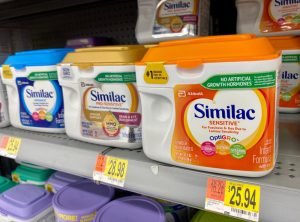President Obama got 12 stitches after being elbowed in the lip during a basketball game. Who elbows the President of the United States? What an idiot! (Unless, of course, the President tried to drive the lane. In which case, he had it coming.)
I’m bringing a class action against the person who fouled President Obama. I have estimated his time is worth $10 million an hour to the American people. These stitches cost us 45 minutes!
Our lawyers are handling Paragard IUD removal lawsuits in all 50 states. Over 3,500 women have filed a Paragard IUD lawsuit claiming that they were injured when a design defect IUD caused it to fracture during removal and leave foreign objects inside their bodies. These lawsuits allege the Paragard intrauterine device breaks upon removal because […]









